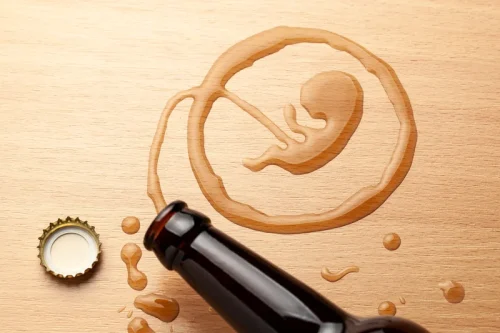
Other findings may include cool extremities with decreased pulses and generalized cachexia, muscle atrophy, and weakness due to chronic heart failure and/or the direct effect of chronic alcohol consumption. Cardiac percussion and palpation reveal evidence of an enlarged https://ecosoberhouse.com/ heart with a laterally displaced and diffuse point of maximal impulse. Auscultation can help to reveal the apical murmur of mitral regurgitation and the lower parasternal murmur of tricuspid regurgitation secondary to papillary muscle displacement and dysfunction.
Study design and population
This was interpreted by the authors as suggesting that acetaldehyde plays a key role in the cardiac dysfunction seen after alcohol intake. Others have suggested that an acute decrease in mitochondrial glutathione content may play a role in mitochondrial damage and implicate oxidative stress as a contributor in this process. Basing on epidemiological data, alcoholic cardiomyopathy represents one of the main cause of non-ischemic dilated cardiomyopathy in Western countries [5].
- Although physicians are aware of this disease, several pitfalls in the diagnosis, natural history, prognosis and treatment are still present.
- Excessive intake of alcohol may result in increased systemic blood pressure in a dose-response relationship, and this may contribute to chronic myocardial dysfunction.
- In patients with dilated cardiomyopathy, if additional questions remain after a history is obtained and noninvasive testing is performed, cardiac catheterization may be used to help exclude other etiologies of heart failure.
- The latest two papers to be published, unlike previous papers, reported worse outcomes for ACM patients compared to DCM patients.
- Additionally, echocardiographic data suggest that subjects who do not fully withdraw from alcohol consumption, but who reduce it to moderate amounts recover LVEF in a similar manner to strict non-drinkers.
Cardiovascular risks and benefits of moderate and heavy alcohol consumption
That’s because vitamin and mineral deficiencies are more common in individuals who are chronic heavy drinkers. This usually involves certain types of medications that treat heart rhythm problems or other symptoms of heart alcoholic cardiomyopathy is especially dangerous because failure. Those who don’t fully recover are also likely to need this kind of treatment indefinitely. In some cases, a pacemaker or other implantable device might be necessary to treat more severe heart rhythm problems.
Cardiac Catheterization
- If it takes too long — even by tiny fractions of a second— that delay can cause your heart to beat out of sync (a problem called dyssynchrony).
- Considering all the works conducted to date, it is clear that new studies on the natural history of ACM are needed, including patients treated with contemporary heart failure therapies.
- Although the most common cause of heart failure is coronary artery disease, ischemic cardiomyopathy is unlikely in the absence of a clear history of prior ischemic events or angina and in the absence of Q waves on the ECG strip.
- An electrical current travels through your entire heart with every heartbeat, causing each part of the heart to squeeze in a specific sequence.
- The existence of a direct causal link between excessive alcohol consumption and the development of DCM is a controversial issue.
In patients with dilated cardiomyopathy, if additional questions remain after a history is obtained and noninvasive testing is performed, cardiac catheterization may be used to help exclude other etiologies of heart failure. Frequently, a relative decrease occurs in systolic blood pressure because of reduced cardiac output and increased diastolic blood pressure due to peripheral vasoconstriction, resulting in a decrease in the pulse pressure. Alcoholic cardiomyopathy (ACM) is a leading cause of non-ischaemic dilated cardiomyopathy (DCM) in tribal and non-tribal population.

Anyone with concerns about alcohol consumption or heart health needs to consult a doctor for further advice and guidance. Alcoholic cardiomyopathy affects the heart’s ability to pump oxygen-rich blood around the body. This can cause various symptoms, including shortness of breath, fluid retention, and fainting. Around 40–80% of people with ACM who continue drinking alcohol die within 10 years of their diagnosis. This can cause heart inflammation, leading to an atypically fast heart rhythm, such as atrial fibrillation (AF).
Prognostic factors assessment in ACM

Acute reversible left ventricular dysfunction secondary to alcohol
